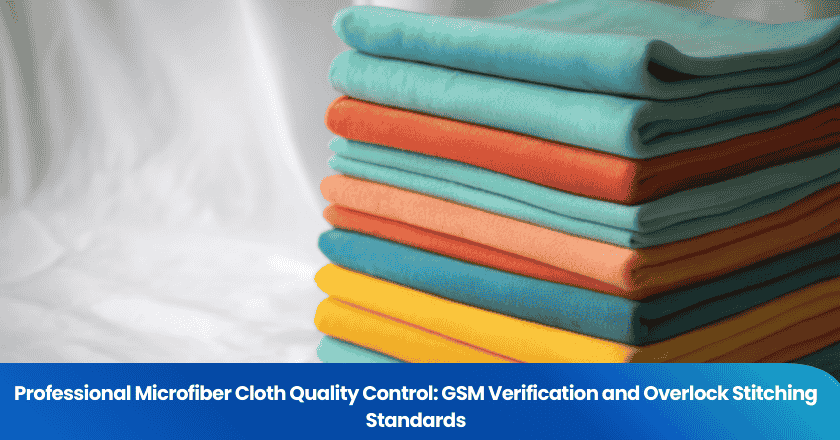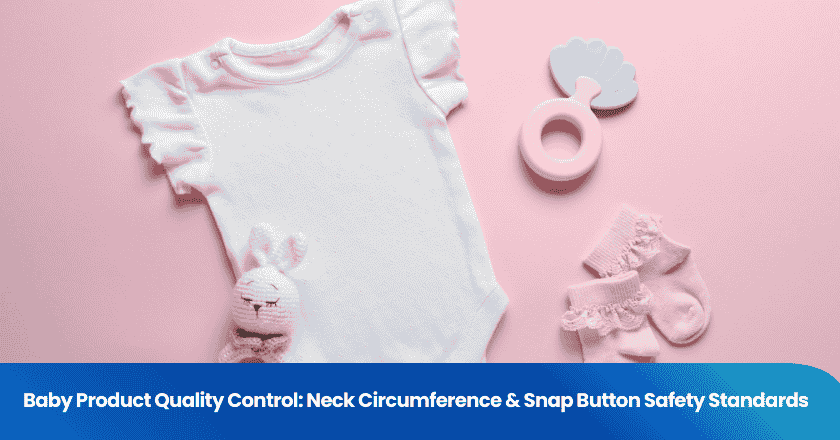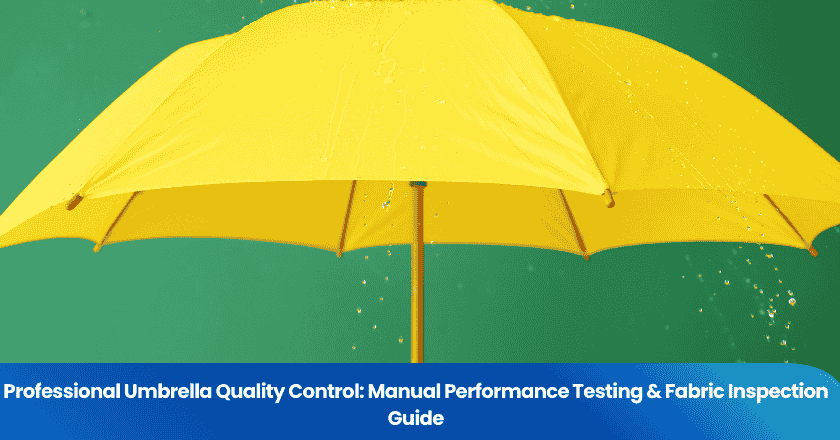
You can unlock new opportunities as a supplier quality engineer by mastering five essential steps. Strong education, hands-on experience, respected certifications, advanced skills, and powerful networking drive your success. When you invest in your growth, you build a foundation for long-term achievement in quality. Take control of your career path and stand out among supplier quality engineers.
Education for Supplier Quality Engineers
Engineering Degree
You set the foundation for your career as a supplier quality engineer by earning a degree in engineering or a related field. This education gives you the technical background needed to understand manufacturing processes, product design, and supplier requirements. Many employers look for candidates with a bachelor’s degree in mechanical, electrical, or industrial engineering. You gain problem-solving skills and analytical thinking abilities that help you address complex quality issues. A strong academic background also prepares you to communicate effectively with suppliers and internal teams. You build credibility and demonstrate your commitment to professional development when you pursue higher education.
Tip: Consider supplementing your degree with coursework in statistics, materials science, or supply chain management. These subjects strengthen your ability to analyze data and improve supplier quality.
Industry Standards Knowledge
You must understand key quality control standards and regulations to excel as a supplier quality engineer. Familiarity with ISO 9001, IEC 61000, and ISO 13485 is essential in industries such as electronics and medical devices. ISO 9001 outlines requirements for quality management systems, helping you ensure consistency in design, production, and delivery. IEC 61000 addresses electromagnetic compatibility, which is critical for electronic devices. ISO 13485 focuses on safety and traceability for medical devices.
- ISO 9001 provides a framework for improving quality management systems and operational efficiency.
- Knowledge of ISO 9001 helps you ensure compliance with regulatory requirements and maintain quality standards.
- Implementing ISO 9001 enhances your organization’s credibility with customers and partners.
- Companies adopting ISO 9001 show a commitment to quality, reducing risks and improving customer satisfaction.
- This commitment builds trust with clients and can help secure more contracts.
You strengthen your skills and position yourself as a valuable quality engineer when you master these standards. Staying current with industry regulations supports your career guide and long-term development as a supplier quality engineer.
Gaining Experience in Quality Engineering
Entry-Level Roles
You begin your journey as a supplier quality engineer by seeking internships or entry-level positions in quality control or related fields. These roles introduce you to quality management systems and supplier audits. You gain hands-on experience with quality control processes, which helps you understand the complexities of supplier quality. This foundation prepares you for advanced responsibilities and builds your confidence as you progress in your career. You learn to monitor key performance indicators and support quality assurance engineers in daily tasks. Early exposure to supply chain management and problem-solving situations shapes your approach to quality and professional development. You also develop skills that set you apart in the job market.
Tip: Take every opportunity to participate in supplier audits and quality improvement projects. These experiences help you build a strong career guide for future growth.
Cross-Functional Projects
You expand your expertise by joining cross-functional teams. In these teams, supplier quality engineers play a vital role:
- You ensure suppliers meet strict quality standards.
- You support commodity teams by conducting qualifications, audits, and assessments.
- You help develop global suppliers to align with your company’s quality program.
Working with professionals from different backgrounds enhances your understanding of product development. Diverse expertise leads to innovation and helps you address challenges more effectively. This collaborative approach results in products that better meet customer satisfaction goals. You also improve your communication and teamwork skills, which are essential for any quality engineer. By engaging in cross-functional projects, you contribute to the overall development of your organization and increase your value as a supplier quality engineer.
Certifications for Supplier Quality Engineers
Certified Quality Engineer
You can advance your career as a supplier quality engineer by earning respected certifications. Industry-recognized credentials, such as the certified quality engineer, show your commitment to quality and professional development. These certifications validate your expertise in quality management systems and supplier processes. In the automotive sector, several certifications stand out for supplier quality engineers:
| Certification | Description |
|---|---|
| IATF 16949 | The global standard for automotive quality management, helping manufacturers and suppliers improve efficiency, reduce defects, and meet customer and regulatory requirements. |
| ISO 9001 | Quality Management System standard applicable across various industries. |
| ISO 14001 | Environmental Management System standard that helps organizations improve their environmental performance. |
| ISO 45001 | Occupational Health & Safety Management System standard aimed at improving employee safety and health. |
To qualify for the certified quality engineer credential, you need to meet specific requirements:
- Engineering Degree
- Two years of experience in Quality Management or Quality Health Safety Environment (QHSE) functions
Holding a certified quality engineer certification opens doors to new opportunities. You gain a broad foundation in quality engineering principles, which enhances your critical thinking and problem-solving skills. This certification allows you to adapt across different roles in quality management. Combining this credential with other certifications increases your versatility and career flexibility. As demand for quality management skills grows, you become a valuable asset to your organization.
Certification Preparation
You can prepare for certification exams by using a variety of study resources. Start with primary texts, such as the Certified Quality Engineer Handbook and the ASQ CQE Study Guide. These books cover all topics and provide practice questions with explanations. Online courses, like those from Quality Gurus, offer video lessons, slides, and quizzes that align with the exam body of knowledge. Practice tests help you assess your readiness and strengthen your statistical skills. Use mock exams and targeted practice questions to build confidence before the test.
Tip: Set a study schedule and join study groups with other supplier quality engineers. Sharing experiences and discussing complex topics can boost your understanding and keep you motivated throughout your certification journey.
Skills Development for Quality Engineers
Technical and Analytical Skills
You need strong technical and analytical skills to succeed as a supplier quality engineer. These skills help you manage quality control processes, solve problems, and drive the continuous improvement process. You must understand manufacturing, supply chain management, and quality systems. Many job postings for supplier quality engineers list the following technical skills:
| Technical Skills |
|---|
| Familiar with Manufacturing, Supply Chain and Quality processes |
| Experience in metalworking industries (processing, heat treat, machining, welding, electrical and mechanical assembly) |
| Understanding of quality systems |
| Well versed in ISO standards, application, and processes |
| Familiar with warranty management processes |
| Proficient with Inventory/Supply Chain Business System(s) (SAP) and Salesforce |
| Microsoft Office (Excel, Word, Outlook) required |
You also need to master analytical tools used in the automotive industry. These tools help you monitor key performance indicators and ensure customer satisfaction:
| Tool | Description |
|---|---|
| APQP | Ensures product quality is built into the design and manufacturing process. |
| PPAP | Proves you can consistently produce parts that meet specifications. |
| FMEA | Identifies potential failures and prioritizes actions to reduce risks. |
| MSA | Evaluates the accuracy and repeatability of measurement systems. |
| SPC | Uses data and control charts for process stability and continuous improvement. |
| Control Plan | Defines how to control product and process characteristics. |
Continuous learning is essential. You should stay updated on new technologies and best practices. This commitment to professional development will open new opportunities and support your career path as a quality engineer.
Communication Skills
You must develop excellent communication skills to advance your career as a supplier quality engineer. Strong communication helps you manage relationships with suppliers and internal teams. It also supports your role in quality assurance and the continuous improvement process. Top skills for quality engineers include:
- Excellent communication and teambuilding skills
- Ability to manage relationships with internal and external customers
- Fostering a relationship of trust and mutual respect
Effective communication strategies include:
| Strategy | Description |
|---|---|
| Open Communication | Regular and frequent communication with suppliers to engage them in shared goals. |
| Collaboration | Working together with suppliers to monitor performance and assess risks. |
| Ethical Practices | Maintaining ethical standards to build trust and loyalty. |
- Clearly articulate needs and expectations to prevent misunderstandings.
- Provide regular feedback to foster a culture of continuous improvement.
- Be responsive and accessible to build trust with suppliers.
- Share relevant information to help suppliers adapt to changes.
You will find that strong communication skills lead to leadership opportunities and greater job satisfaction. By focusing on both technical and soft skills, you create a solid foundation for career advancement and long-term success as a supplier quality engineer.
Networking for Supplier Quality Engineers
Professional Associations
You can boost your career advancement by joining professional associations. These groups connect you with other supplier quality engineers and provide access to valuable resources. You gain insights into the latest quality standards and industry trends. Membership often includes workshops, webinars, and forums where you can share your experience and learn from others. You also find opportunities to participate in committees or working groups, which helps you develop leadership skills. Professional associations support your professional development and keep you updated on changes in quality assurance and supplier management.
Tip: Attend association meetings regularly. Active participation increases your visibility and helps you build a strong network for future job opportunities.
Industry Events
You should attend industry events to expand your network and stay informed about new developments. Conferences, seminars, and trade shows bring together engineers, suppliers, and quality professionals from different backgrounds. These events offer sessions on quality management, supplier development, and customer satisfaction. You can ask questions, join discussions, and exchange ideas with experts. Industry events also provide a platform to learn about new technologies and best practices in quality. By attending, you show your commitment to continuous improvement and gain knowledge that supports your career guide.
- Make a list of key events in your field.
- Register early to secure your spot.
- Prepare questions to engage with speakers and other attendees.
Online Networking
You can leverage online platforms to connect with supplier quality engineers and expand your reach. Professional networking sites allow you to join groups focused on quality, supplier management, and certifications. You can share articles, participate in discussions, and showcase your skills. Online networking helps you discover job openings and career advancement opportunities. You also stay informed about changes in quality standards and supplier requirements. Building an online presence demonstrates your dedication to professional development and increases your chances of achieving job satisfaction.
Note: Update your online profile regularly. Highlight your experience, certifications, and skills to attract potential employers and collaborators.
You can advance your career path as a supplier quality engineer by focusing on education, experience, certifications, skills, and networking. Take action today to build your expertise and expand your network. Ongoing learning keeps you engaged and motivated in your job as a quality engineer.
- You develop new skills and stay engaged, which increases satisfaction.
- Continuous education brings fulfillment and confidence in your role.
- Challenging work leads to greater satisfaction and motivation.
Set clear goals, track your progress, and use these quality engineer career tips to achieve long-term success in the supplier quality field.
FAQ
What qualifications do you need to become a supplier quality engineer?
You need a bachelor’s degree in engineering or a related field. Experience in quality control or manufacturing helps. Certifications in quality management add value and show your commitment to the profession.
How do you gain experience in supplier quality engineering?
You start by seeking internships or entry-level roles in quality control. You join cross-functional projects to learn from different teams. You participate in supplier audits and quality improvement activities to build practical skills.
What certifications help advance your career as a supplier quality engineer?
You benefit from certifications like Certified Quality Engineer or those focused on quality management systems. These credentials show your expertise and help you stand out in the job market.
How to become a quality engineer if you have a different background?
You can transition by earning an engineering degree or taking relevant courses. You gain experience through internships and entry-level positions. You pursue certifications to demonstrate your knowledge and commitment to quality engineering.
Why is networking important for supplier quality engineers?
You expand your professional network by joining associations and attending industry events. You learn about new trends and job opportunities. Networking helps you share knowledge and grow your career.
Grow your business with TradeAider Service
Click the button below to directly enter the TradeAider Service System. The simple steps from booking and payment to receiving reports are easy to operate.





